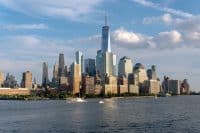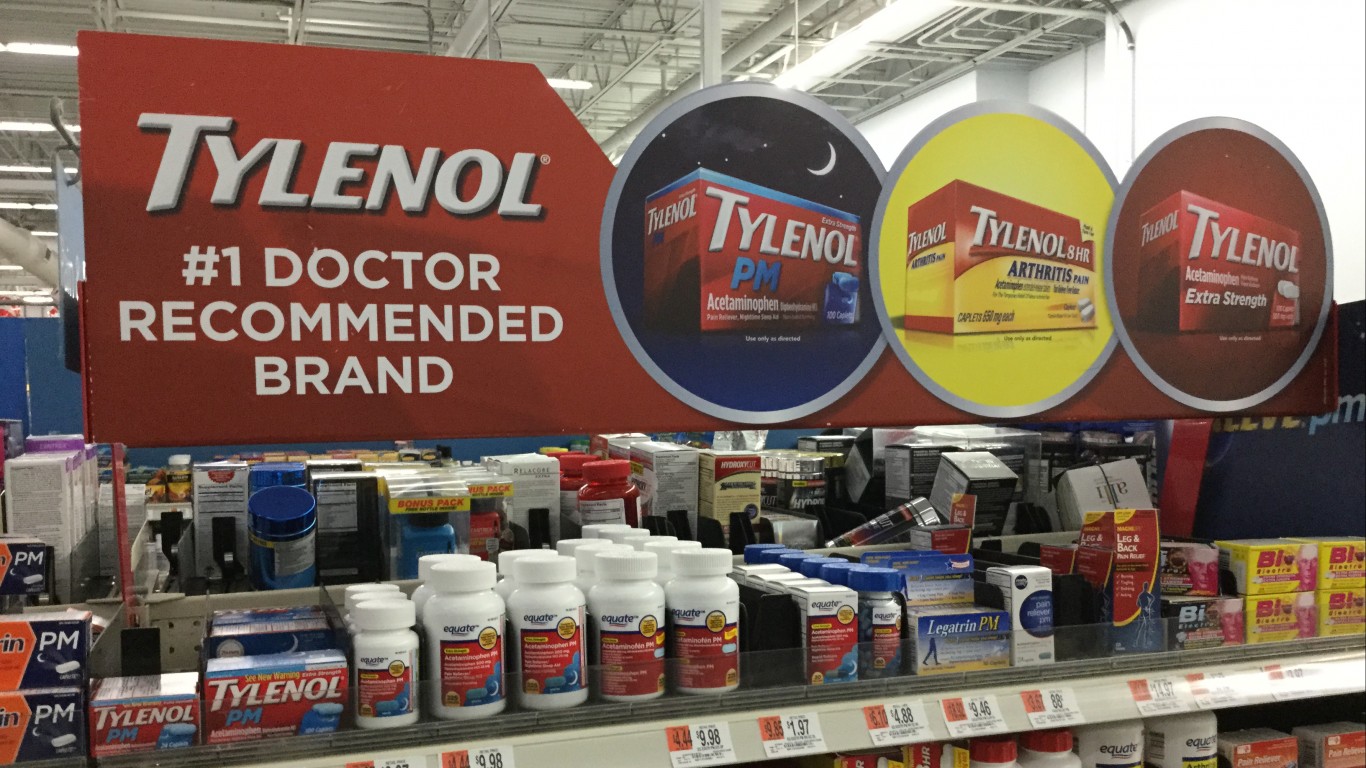
24/7 Insights
- The most shocking recall on this list is the 1982 Tylenol recall.
- Recalling the Galaxy Note 7 was a huge blow to Samsung’s brand.
- Shockingly, only two companies listed here went bankrupt after massive recalls.
- Also: 2 Dividend Legends to Hold Forever
For better or worse, there are instances in which companies have to recall a product to avoid customer danger. These recalls can occur because of a flawed formula, a dangerous connection, or an explosive airbag. Unfortunately, when a recall happens, it can be incredibly costly for the business. In some cases, these recalls have cost companies billions of dollars but have also helped avoid horrible scenarios.
The reality is that both consumers and companies alike dislike recalls. Anytime a food item is considered contaminated, fear can spread about who has eaten it while the company has to deal with the logistical and economic fallout. To this point, using information from WatchMojo, Kiplinger, and Yahoo, we’ve compiled a list of the most costly recalls of all time in descending order.
Why Does This Matter?
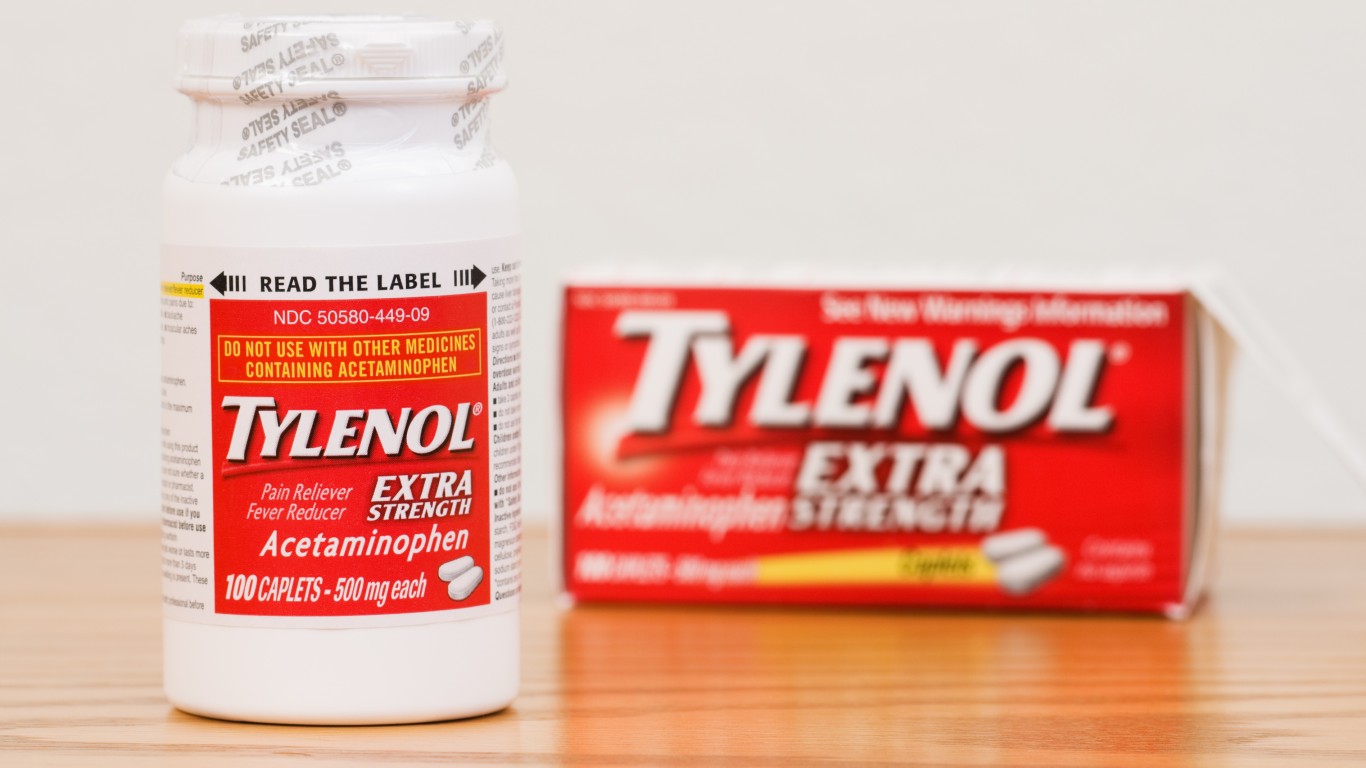
Recalls matter quite a bit, as there is inherent danger associated with almost every recall on this list. Whether it’s life or death is argumentative, but there is a definite danger with every product recall. 24/7 Wall St covers this because many companies on this list are publicly traded or brands we have previously discussed for various reasons, including stock performance.
10. Johnson & Johnson Tylenol
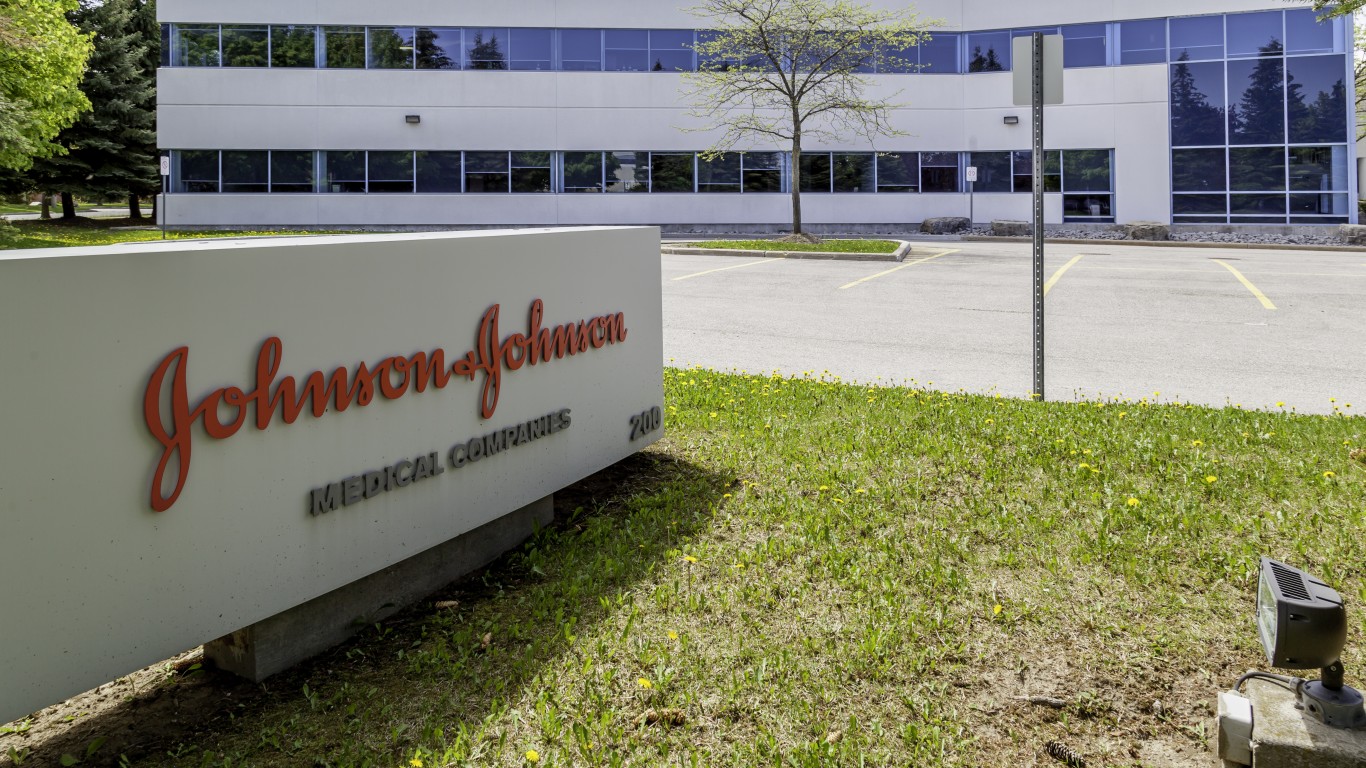
- Cost of recall: $100 million
Arguably one of the best-known recalls in American history, Johnson & Johnson was forced to recall Tylenol in 1982. On the positive side, the way Johnson & Johnson handled the recall is a textbook example of how companies should handle such a crisis, but it still cost the company over $100 million in 1982 dollars. The company’s action no doubt saved the Tylenol brand when it recalled 31 million bottles of the most popular painkiller in America, which it still claims to be.
9. Peanut Corp. of America
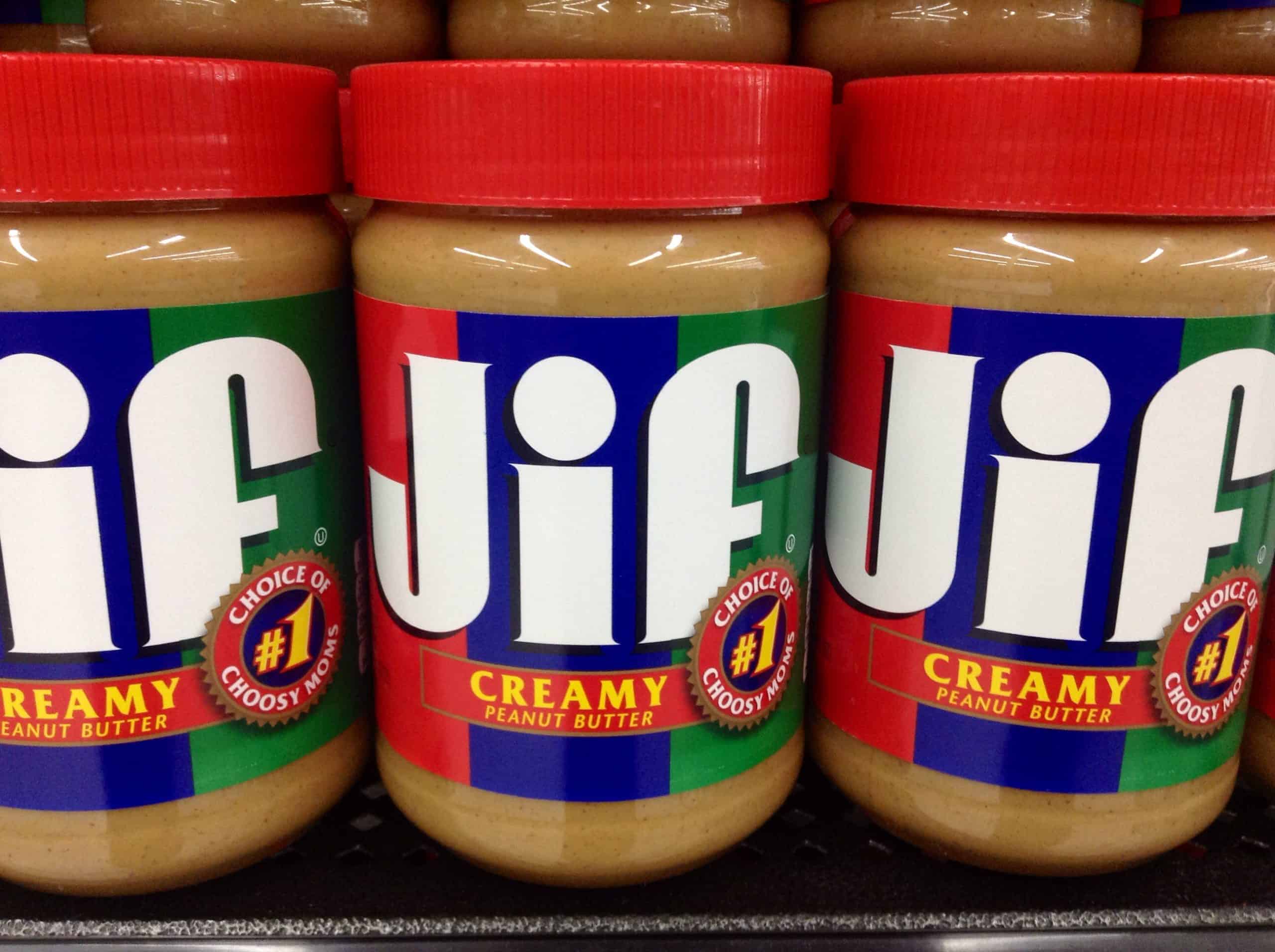
- Cost of recall: $1 billion
Beginning in 2009, Peanut Corp. of America, mostly unknown as a private brand, was at the center of a billion-dollar recall. A large-scale salmonella outbreak among its products is believed to have killed at least nine people and sickened many more. Ultimately, over 3,900 products across 361 companies had to be recalled, including peanut butter from popular brands like JIF and Smucker’s. The billion-dollar recall was too much for Peanut Corp. of America, which went bankrupt.
8. Toyota Floor Mats
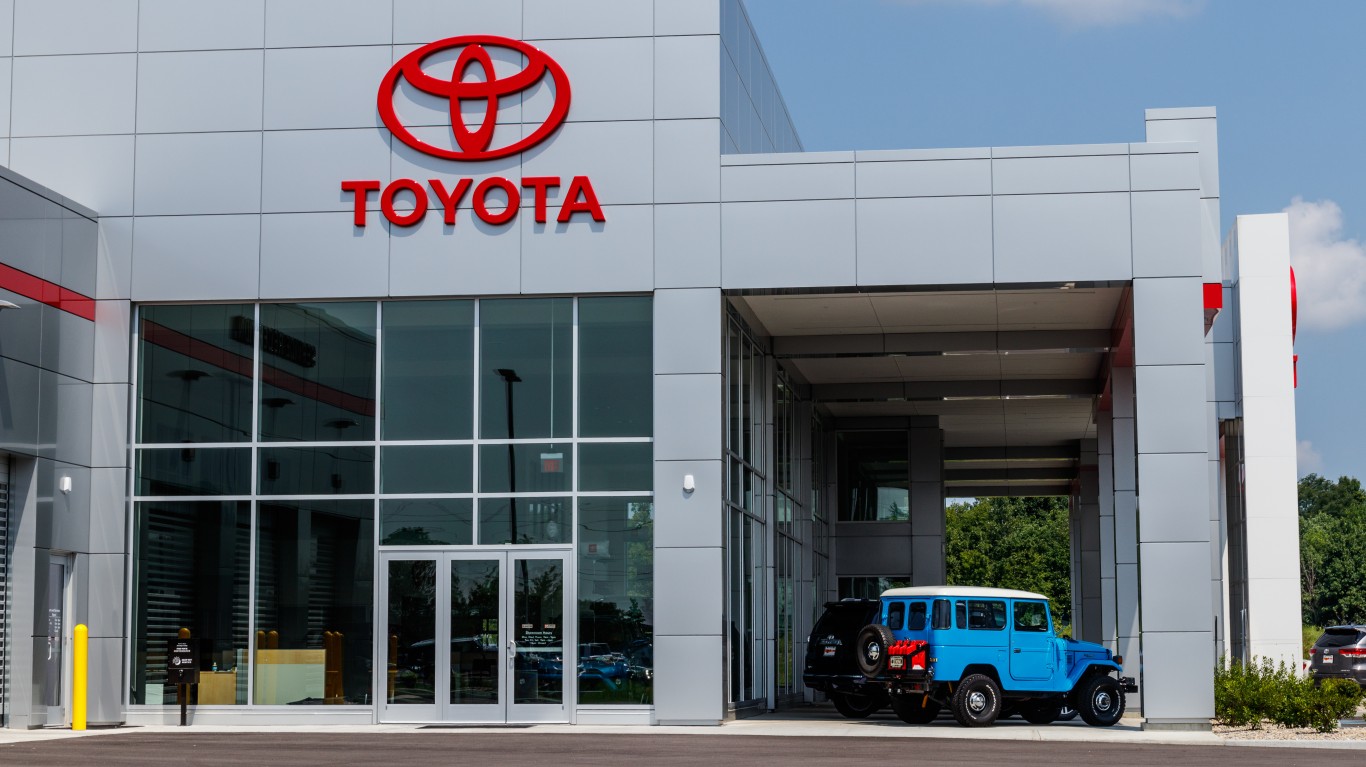
- Cost of recall: $3.2 billion
The issues only began when Toyota recalled its floor mats in 2010. The US government forced Toyota to recall over 8.1 million vehicles due to the risk of gas pedals sticking to the floor mats. It’s believed that at least 89 people were killed as a result of faulty floor mats, all of whom had their gas pedals stuck to the floor, causing loss of control of the vehicle. The resulting recall cost Toyota at least $2 billion for the recall. It also cost an extra $1.2 billion to avoid a lawsuit with the US Justice Department it would almost assuredly lose.
7. Pfizer Bextra
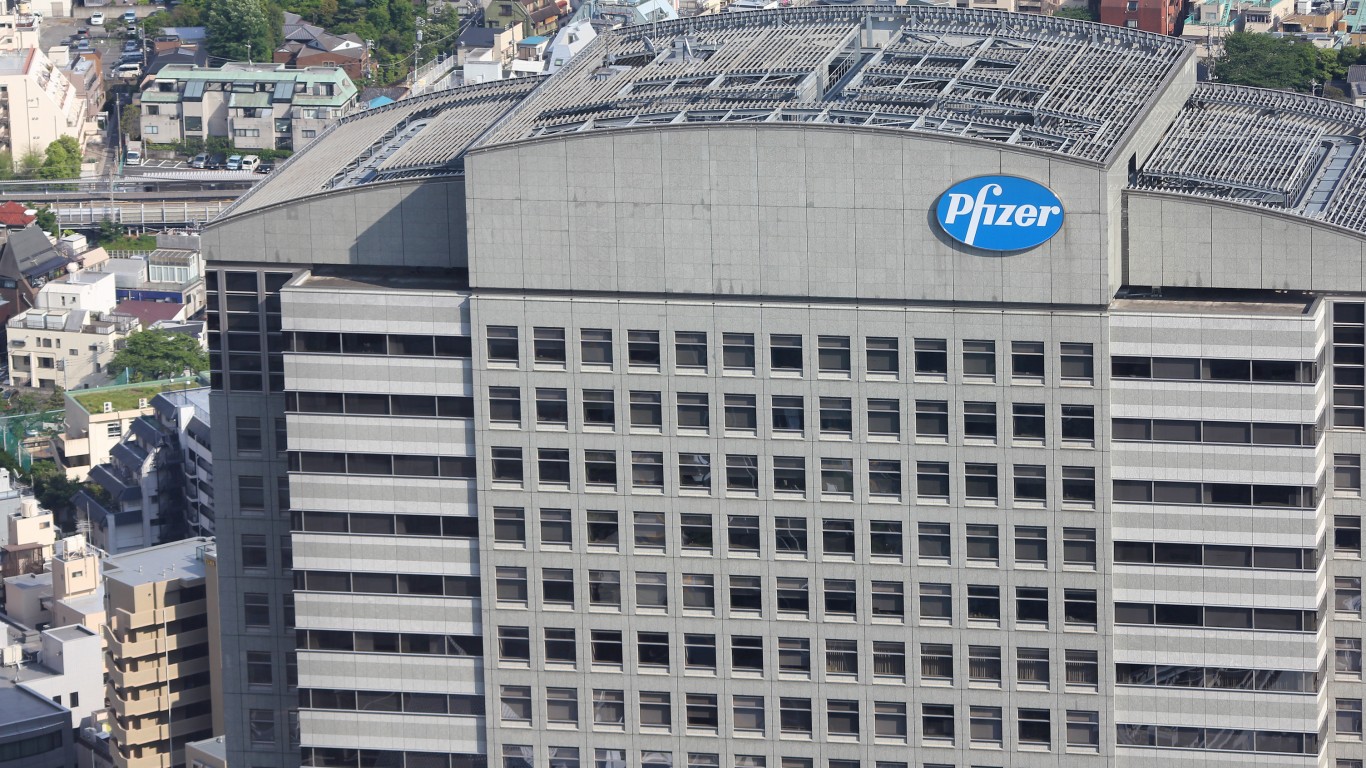
- Cost of recall: $3.3 billion
At the order of the Food and Drug Administration in 2005, Pfizer, one of the largest pharmaceutical brands in the world, was ordered to recall its Bextra medication. Used as a painkiller by those suffering from arthritis, Bextra was one of Pfizer’s most popular medications on the market but was believed to be responsible for both heart attacks and various skin irritations. However, the news soon went from bad to worse as Pfizer was hit with multiple lawsuits alleging civil and criminal responsibility in 2009, four years after the recall began.
6. General Motors Ignition Switch
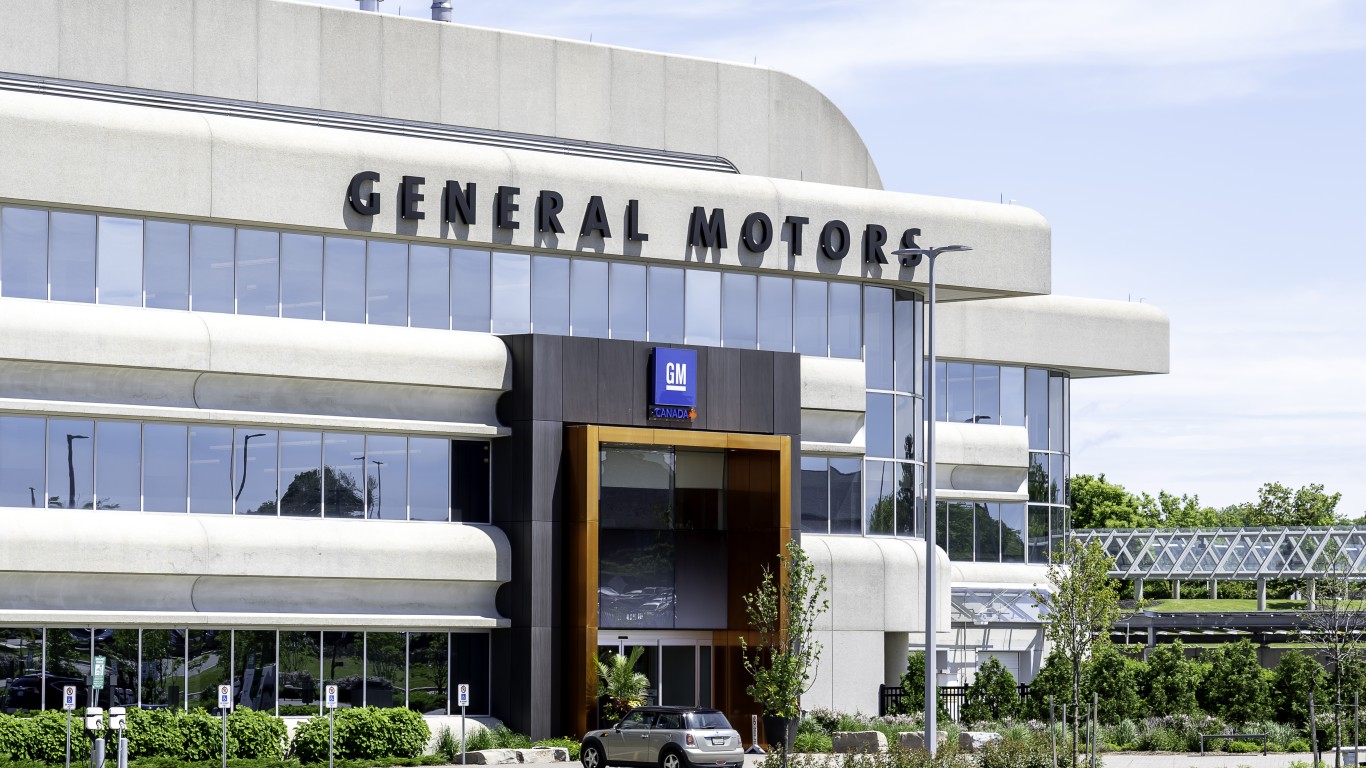
- Cost of recall: $4.1 billion
Affecting over 30 million vehicles worldwide, General Motors issued a recall in 2014 around its ignition switch. These faulty ignition switches could result in a car suddenly stopping in the middle of the road without warning, so there was plenty of immediate danger if this recall did not proceed. Ahead of the recall, the issue had already been related to 124 deaths and double this number of injuries. This resulted in General Motors being sued, spending a fortune on lawsuit settlements, and recalling over 30.4 million vehicles.
5. Samsung Galaxy Note 7
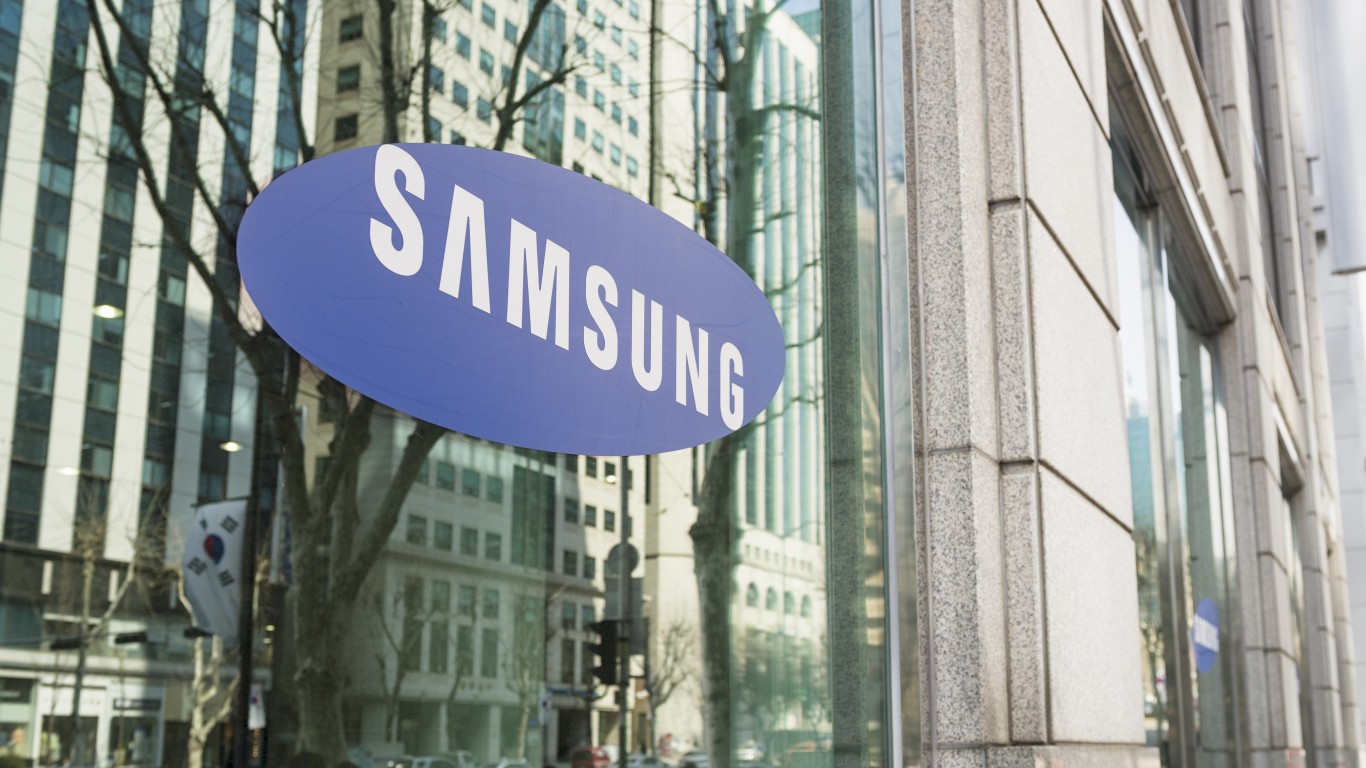
- Cost of recall: $5.3 billion
One of the worst technology recalls of all time, Samsung was forced to recall its Galaxy Note 7 smartphone in 2016 after multiple complaints of the phone bursting into flames. The issue got so bad that the FAA banned the use of phones on any airplane inside the United States. Ultimately, at the order of the U.S. Consumer Products Safety Commission, after receiving 96 complaints, Samsung had to recall over 2.5 million devices, which at the time was its most expensive smartphone on the market. While Samsung weathered the financial storm, it was still a substantial reputational blow.
4. Firestone Tires
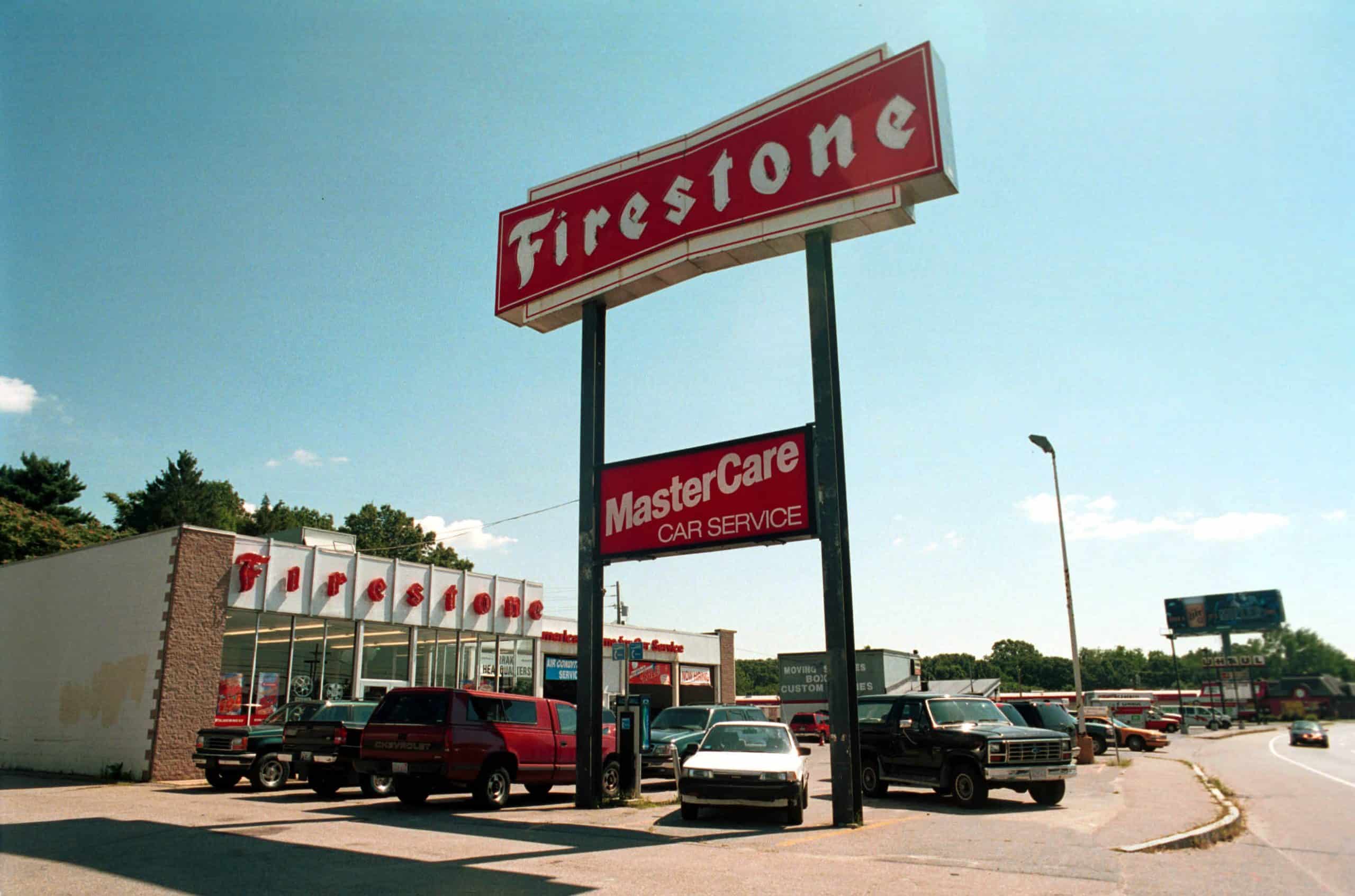
- Cost of recall: $5.6 billion
In 2000, Firestone Tire and Rubber Company began installing defective tires on multiple vehicles in Ford’s lineup. At least, this is what Ford says. The two companies traded accusations back and forth, ultimately costing both companies $5.6 billion. In addition, Firestone had to replace tires on at least 6.5 million vehicles, while Ford was forced to replace more than 13 million. Ultimately, regardless of who was to blame, the faulty tires were tied to more than 271 deaths and 800 injuries.
3. Merck Vioxx
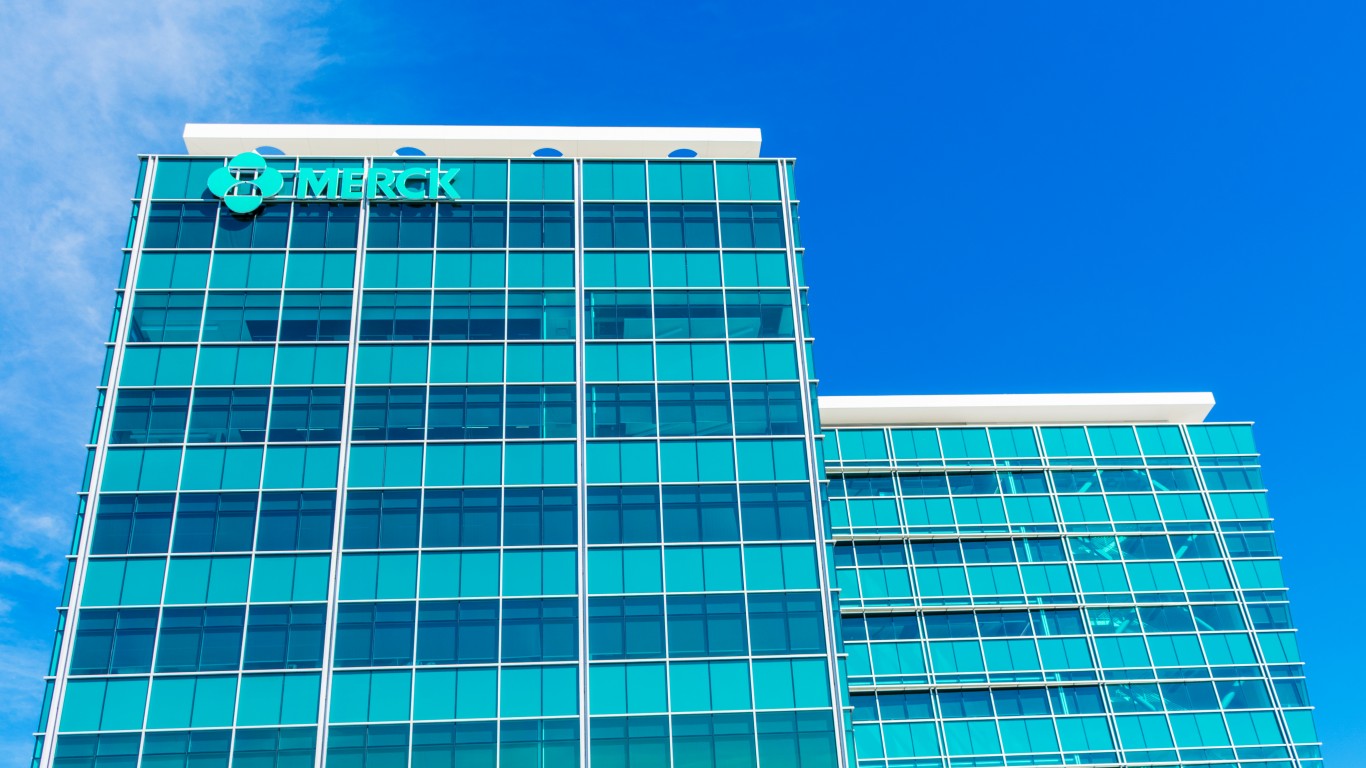
- Cost of recall: $8.9 billion
One of the worst types of recalls involves a type of medication, and this is precisely what happened with Merck and Vioxx. When Vioxx hit the market in 1999, it was considered a giant leap forward for those who suffered from arthritis. Unfortunately, it took only a few years when, in September 2004, Merck was forced to pull Vioxx off the market after it was determined the medicine was causing an increased risk of heart attacks and strokes in patients. Over 20 million people had taken the medication, of which it’s estimated that over 140,000 heart attacks occurred, which led to at least 88,000 deaths.
2. Volkswagen
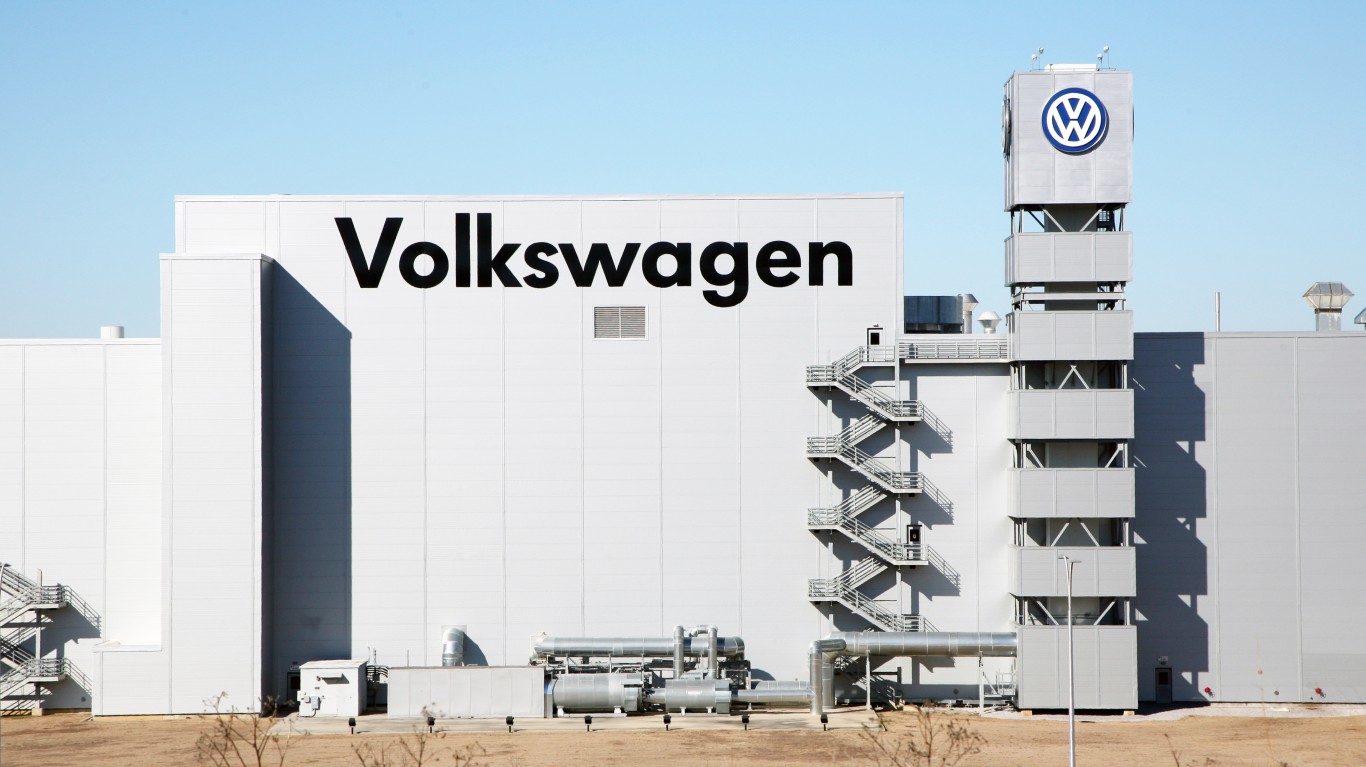
- Cost of recall: $18.3 billion
Considered the second most expensive recall of all time, “Dieselgate,” as commonly known, affected Volkswagen’s diesel engines. Beginning in September 2015, the US Environmental Protection Agency indicated that Volkswagen Group had been including devices in its engines that would trick US EPA standards for vehicle emissions. The reality was that 11 million vehicles produced at least 40 times more than the allowable emission levels in the United States, which cost Volkswagen over $18.3 billion to recall and buy back vehicles.
1. Takata Airbags
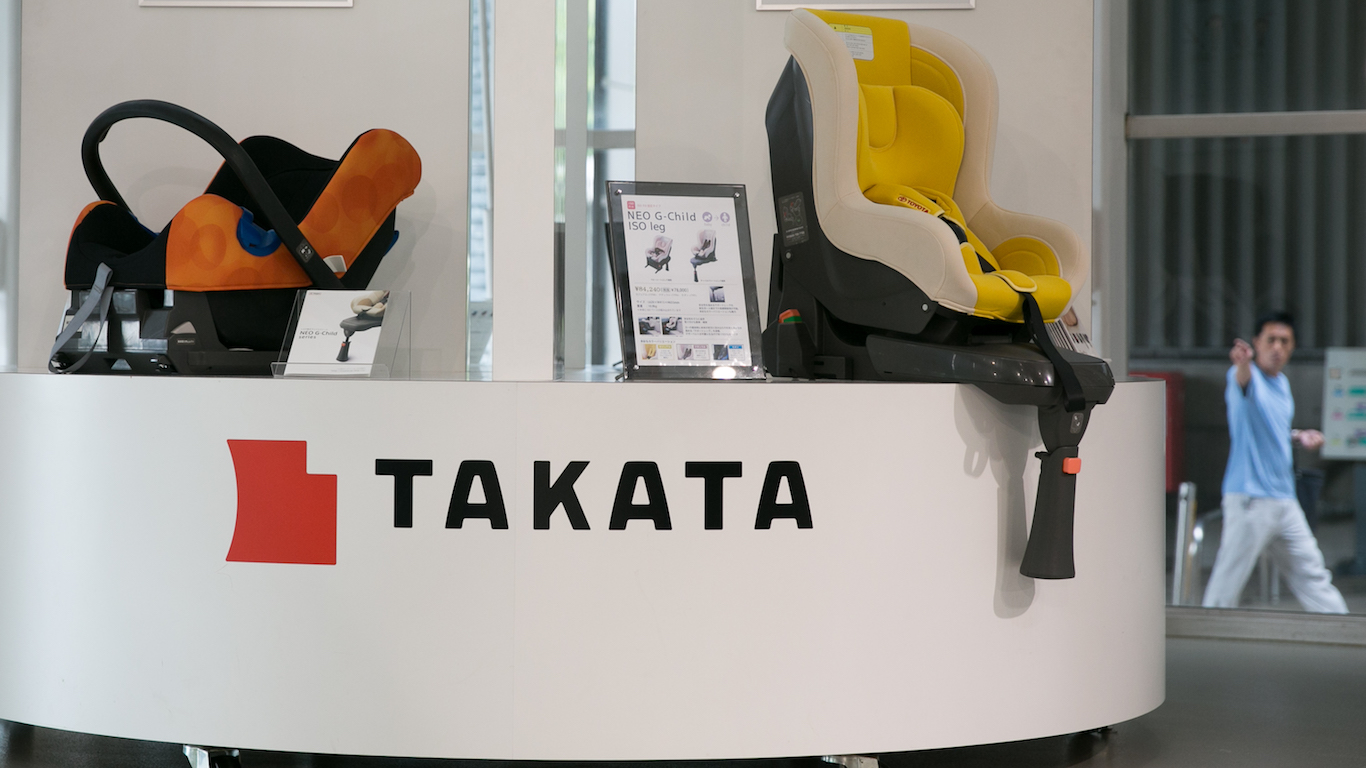
- Cost of recall: $24 billion
Affecting various vehicle manufacturers, including Toyota, Honda, General Motors, and BMW, Takata had to recall over 100 million airbags. Widely considered the largest and most expensive recall in history, Takata’s airbag inflators would explode, causing a shrapnel-like response that led to over 20 deaths. The National Highway Safety Transportation Board (NHTSA) said between 37 and 50 million vehicles were affected, costing the now-bankrupt Takata over $24 billion.
It’s Your Money, Your Future—Own It (sponsor)
Are you ahead, or behind on retirement? For families with more than $500,000 saved for retirement, finding a financial advisor who puts your interest first can be the difference, and today it’s easier than ever. SmartAsset’s free tool matches you with up to three fiduciary financial advisors who serve your area in minutes. Each advisor has been carefully vetted and must act in your best interests. Start your search now.
If you’ve saved and built a substantial nest egg for you and your family, don’t delay; get started right here and help your retirement dreams become a retirement reality.
Thank you for reading! Have some feedback for us?
Contact the 24/7 Wall St. editorial team.
